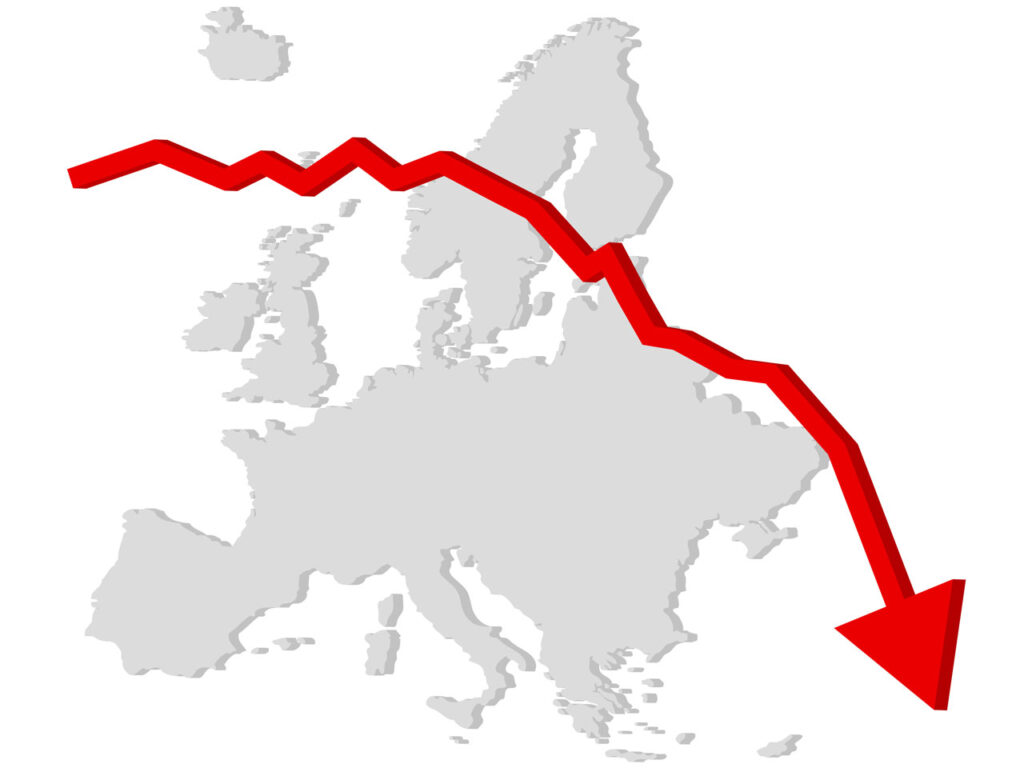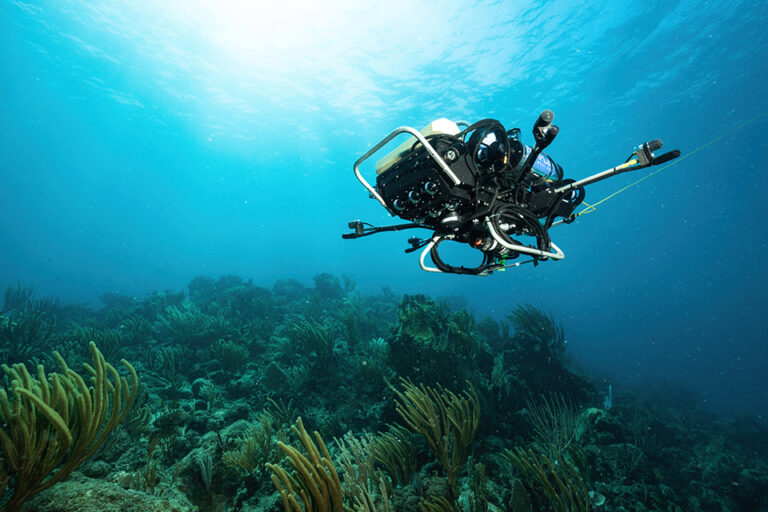Investigating novel solutions becomes crucial since the state of the world economy is uncertain and the threat of future recessions looms. The Blue Economy is one such option that is receiving attention. The Blue Economy includes sustainable economic activities that encourage the conservation and usage of marine resources, despite its historical emphasis on ocean resources. How can the Blue Economy protect the West from further recessions while highlighting its salient features, favorable possibilities, and prospective advantages.

- Diverse Economic Opportunities:
Fisheries, aquaculture, marine tourism, renewable energy, maritime transportation, and biotechnology are just a few of the numerous economic sectors that make up the blue economy. By utilizing these areas, the West can diversify its economic base and rely less on established businesses that can be more vulnerable to downturns. - Sustainable Resource Management:
The Blue Economy emphasizes ethical management of ocean resources while promoting sustainable behaviors. By ensuring the protection and renewal of marine ecosystems, this strategy protects their long-term survival. The West can create resilient economies that are less subject to the depletion of natural resources by implementing sustainable resource management practices. - Job Creation and Economic Resilience:
The Blue Economy can help create jobs, especially in coastal areas and those with maritime infrastructure. The growth of the blue economy can create job opportunities and promote economic resilience in areas that may be impacted by recessions or industrial transitions, from fishing towns to renewable energy projects. - Innovation and Technological Advancements:
The Blue Economy spurs technical development and innovation, pushing the limits of resource sustainability. Adopting the Blue Economy can draw investments in research and development, sparking a chain reaction of innovation that can increase economic growth and competitiveness. This innovation can range from offshore wind farms and ocean exploration to aquaculture technologies. - Collaboration and International Cooperation:
The Blue Economy promotes collaboration and global cooperation because ocean resources are transnational in nature. The West may benefit from the cumulative knowledge and experience of nations by forming alliances and exchanging best practices, promoting economic stability and building a feeling of global responsibility for the sustainable use of maritime resources.
The Blue Economy offers a wide range of economic opportunities, encourages sustainable resource management, fosters collaboration, creates jobs, and drives innovation, all of which have the potential to protect the West from future recessions. However, to fully realize this potential, there must be strategic planning, encouraging policies, and expenditures in infrastructure, capacity building, and research.
To embrace the concepts of the Blue Economy and strive toward its implementation, governments, corporations, and stakeholders must band together. By doing this, the West will be able to take advantage of the abundance of marine resources, foster sustainable economic growth, and successfully navigate the choppy waters of upcoming recessions while putting resilience and sustainability first.
The Blue Economy, which emphasizes the transformative impact of sustainable practices and the unrealized potential of our seas, offers a ray of hope as we face economic challenges. Adopting the Blue Economy can help the West move toward a more prosperous and ecologically responsible future while simultaneously boosting economic recovery.


